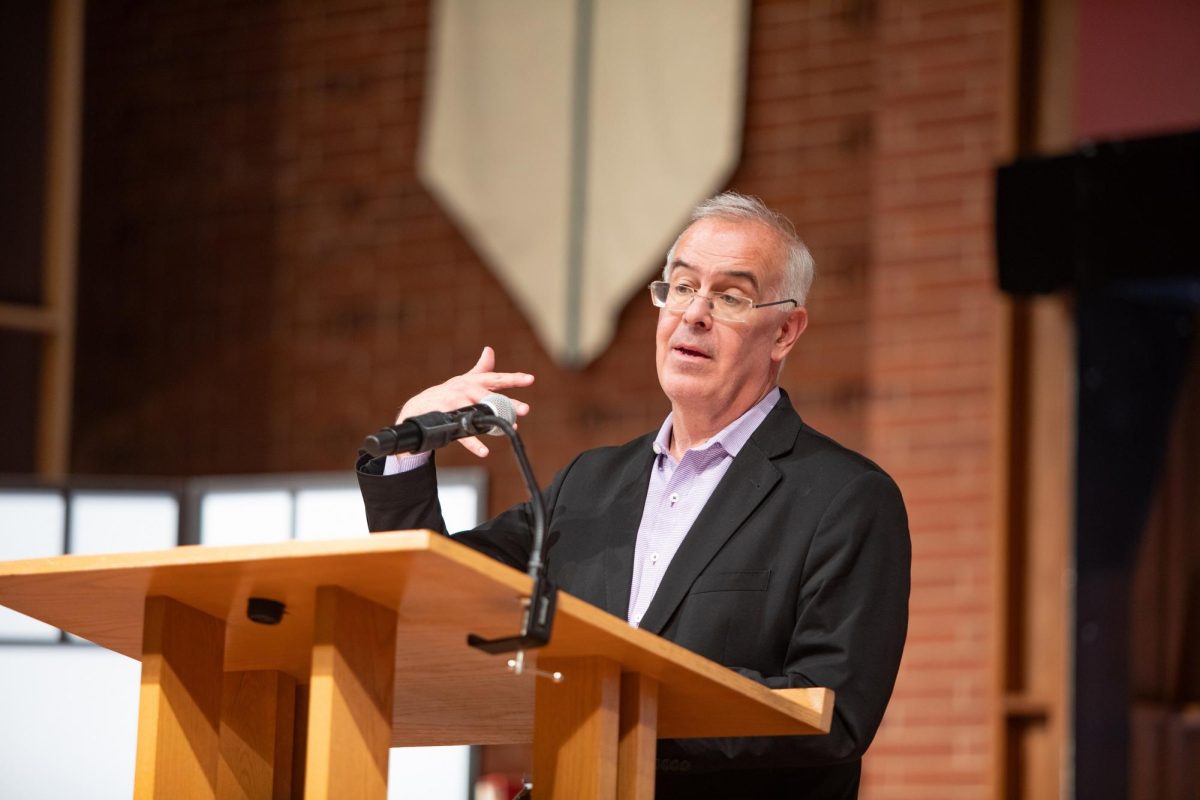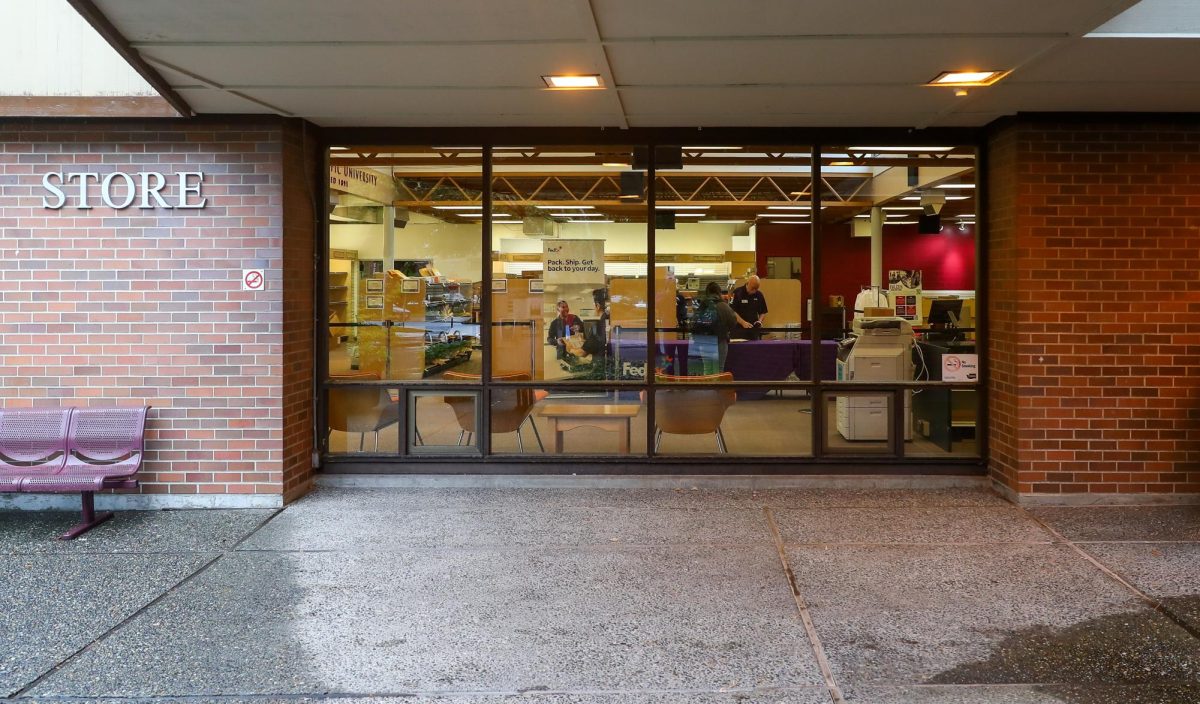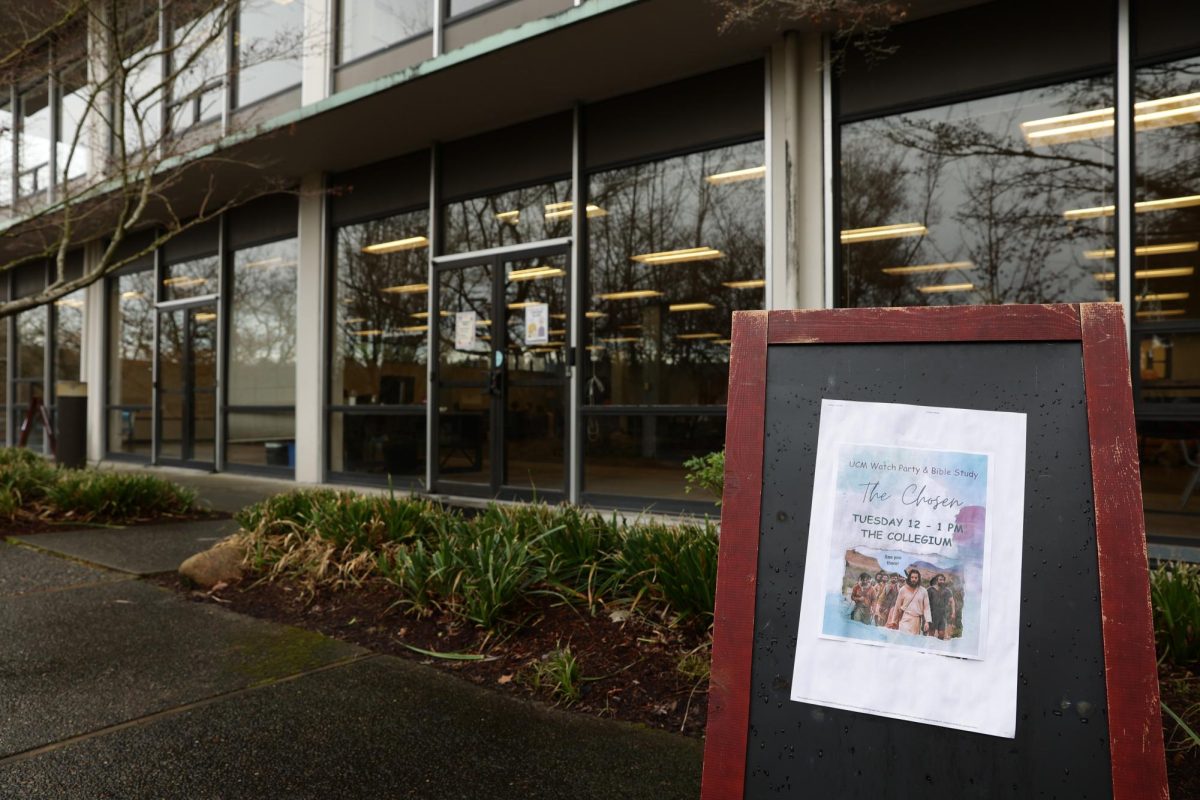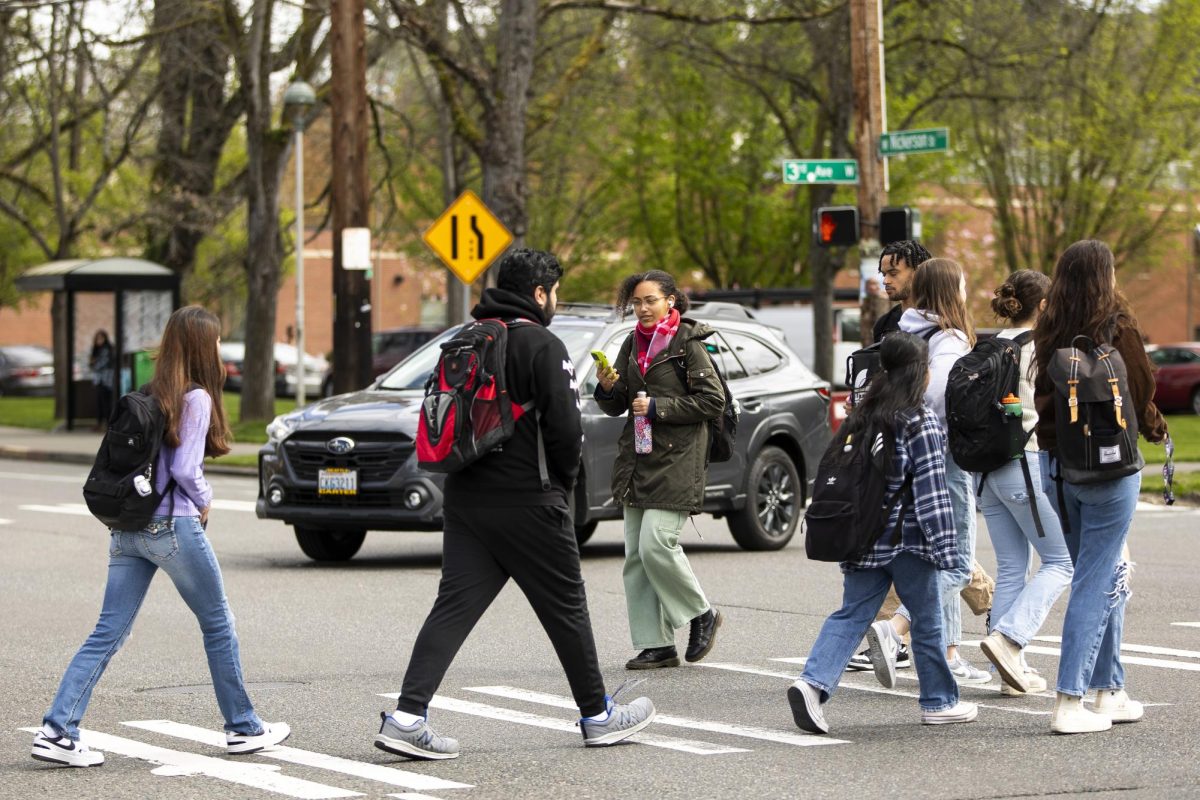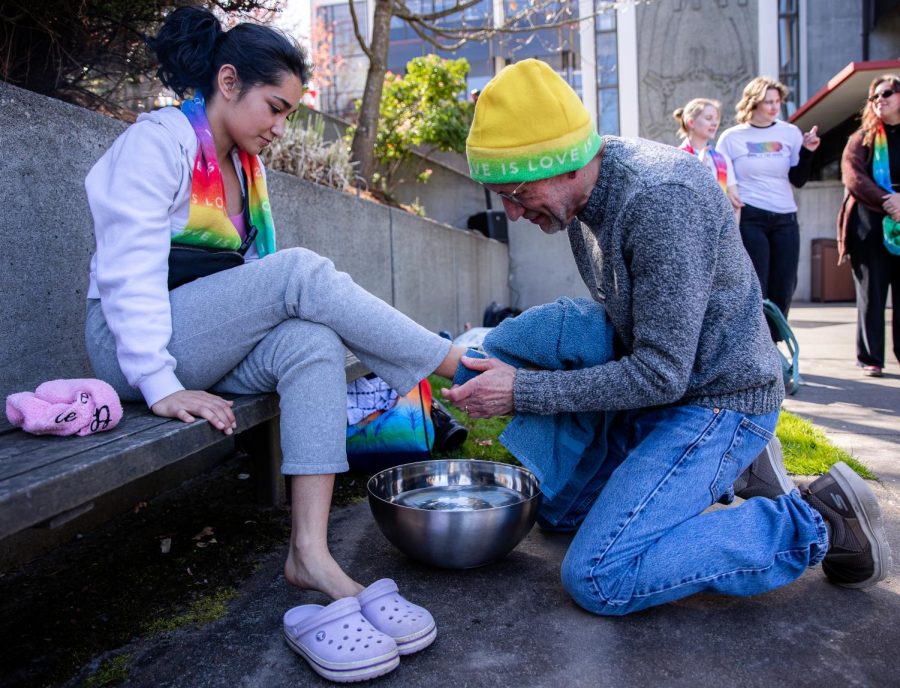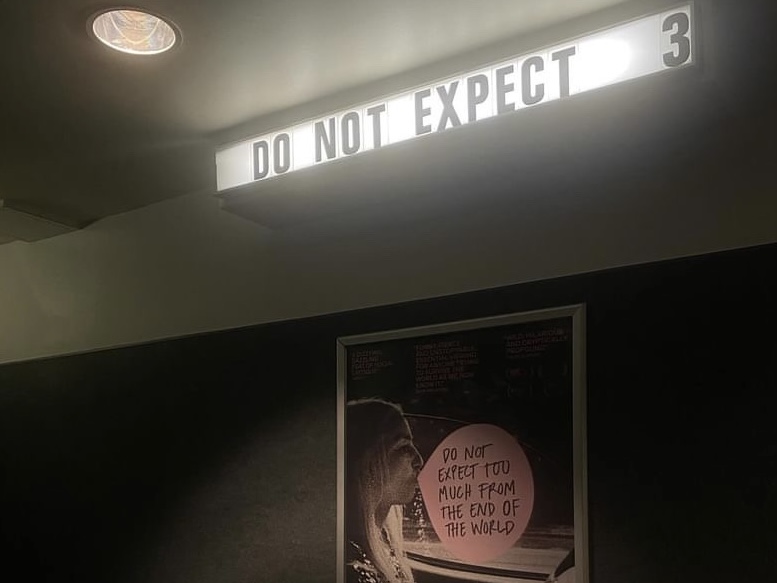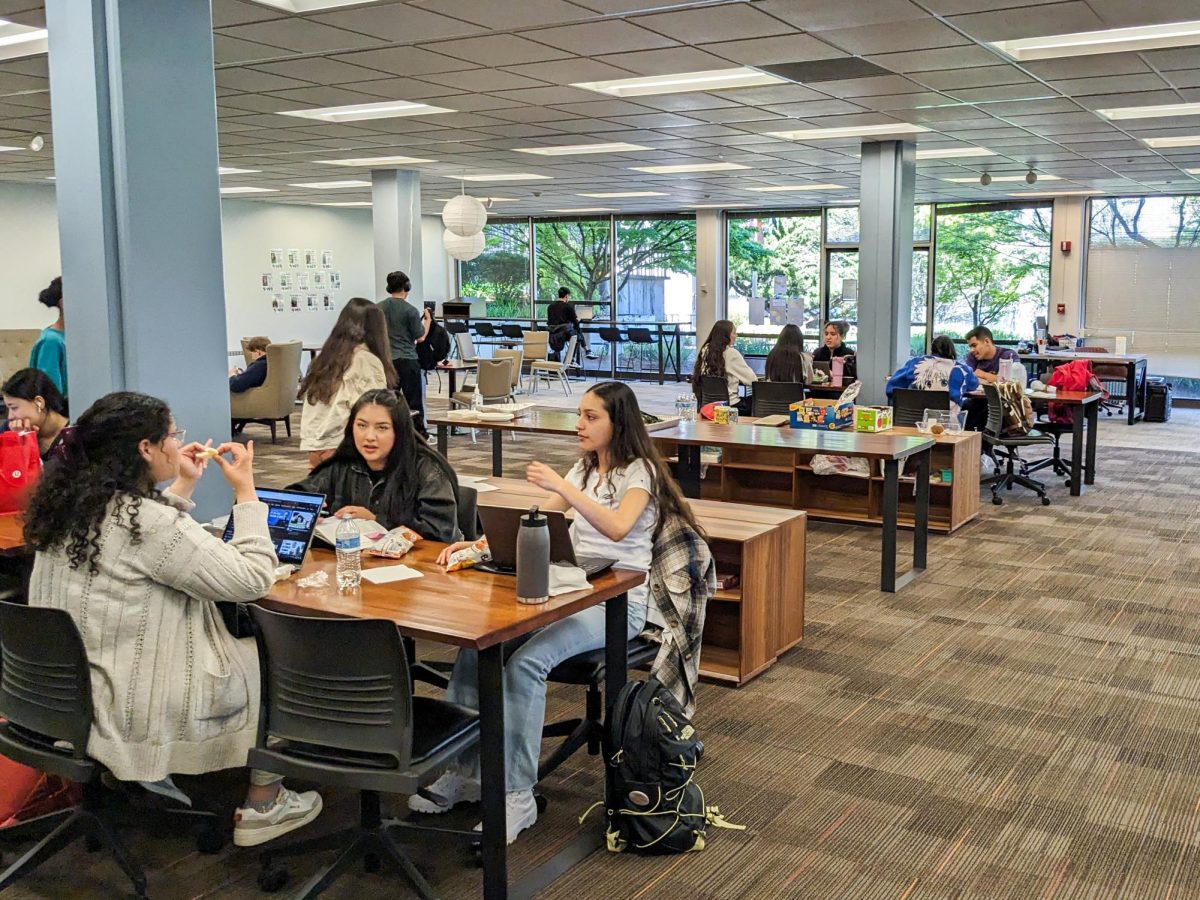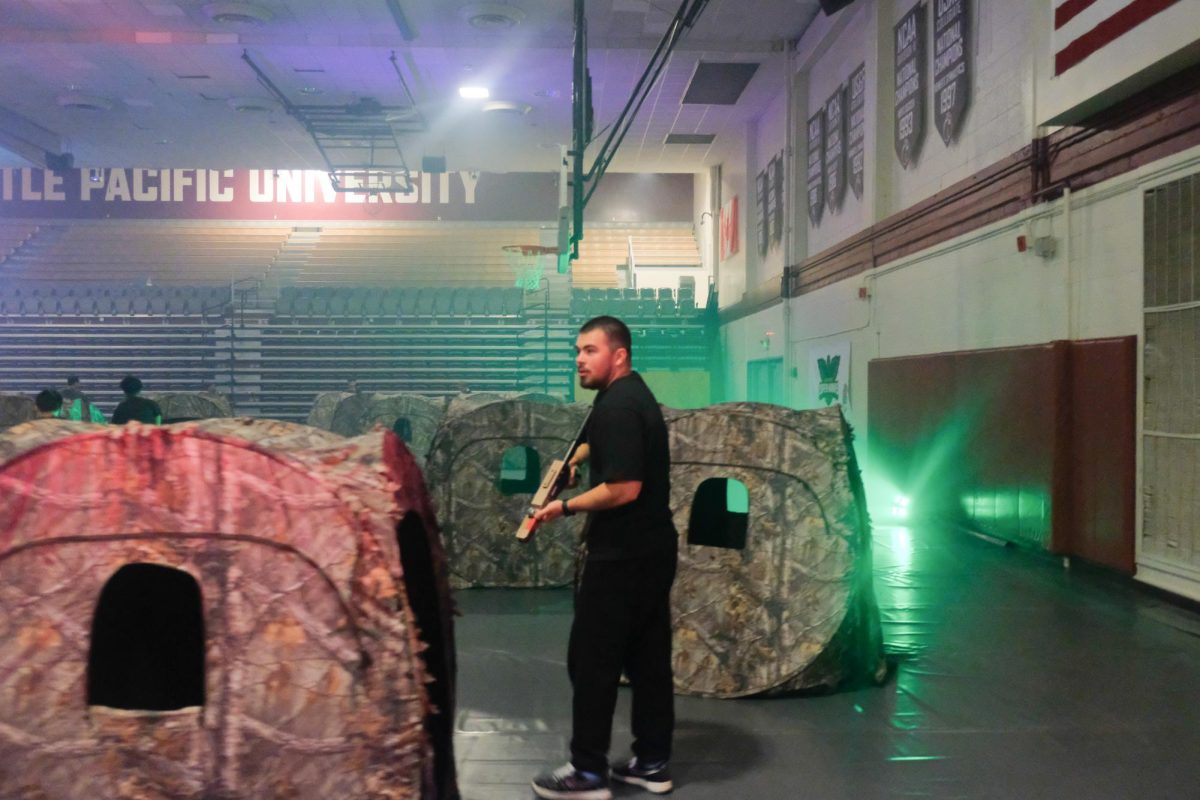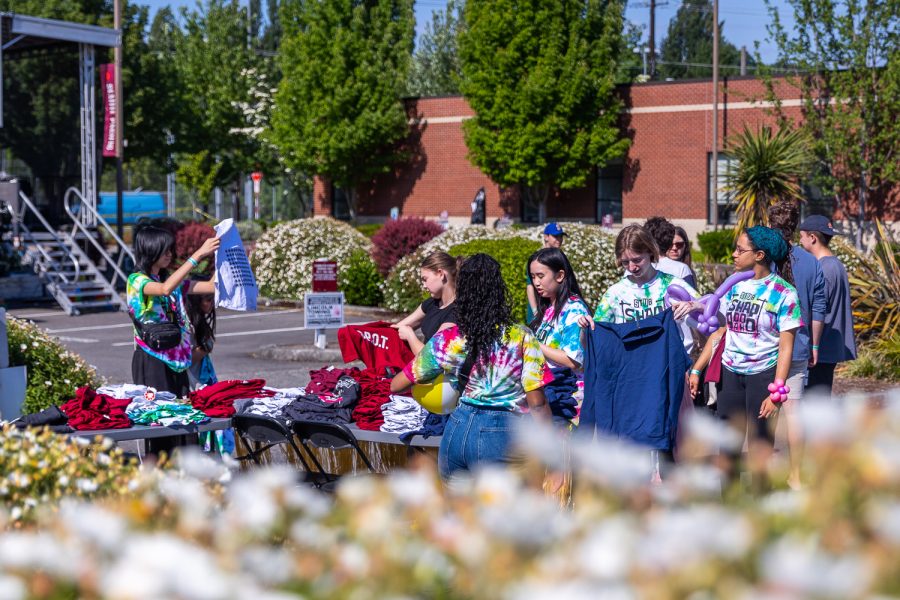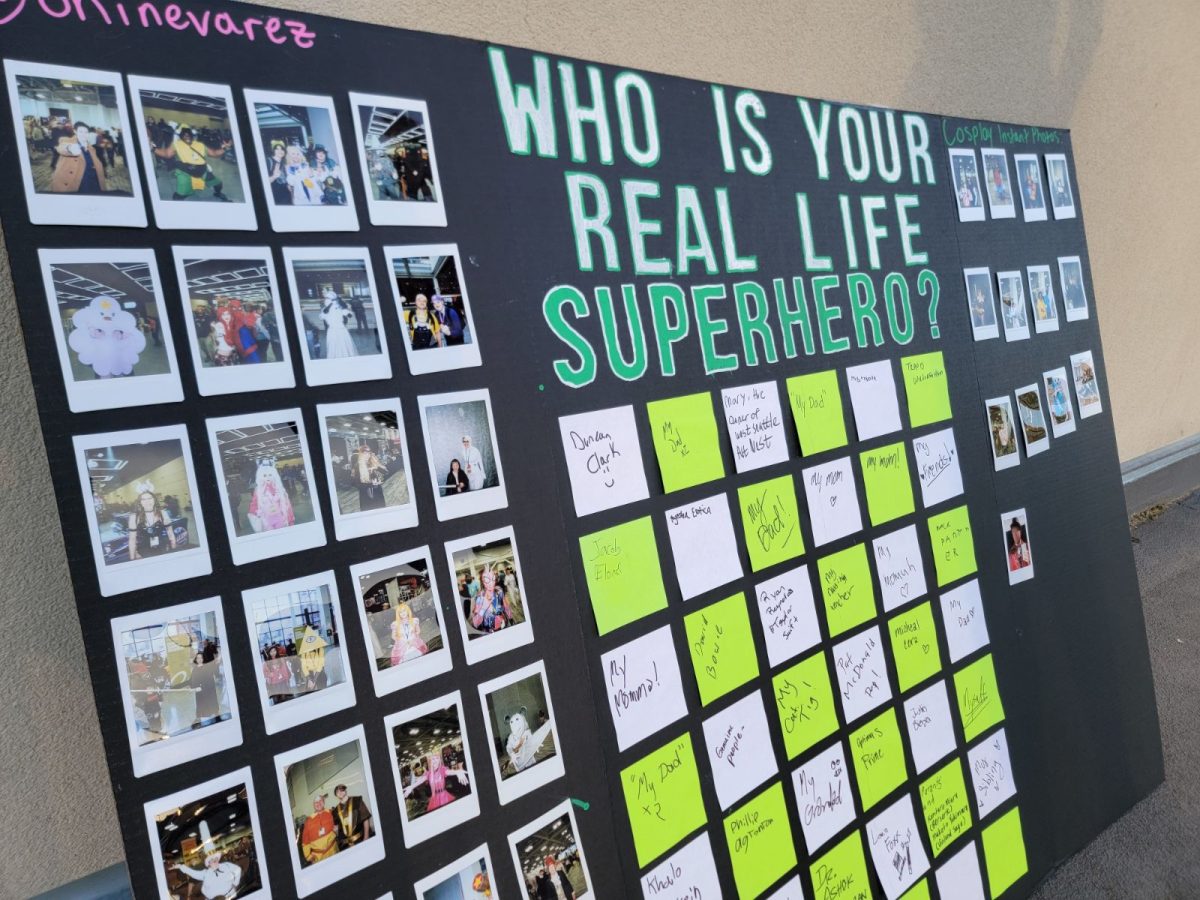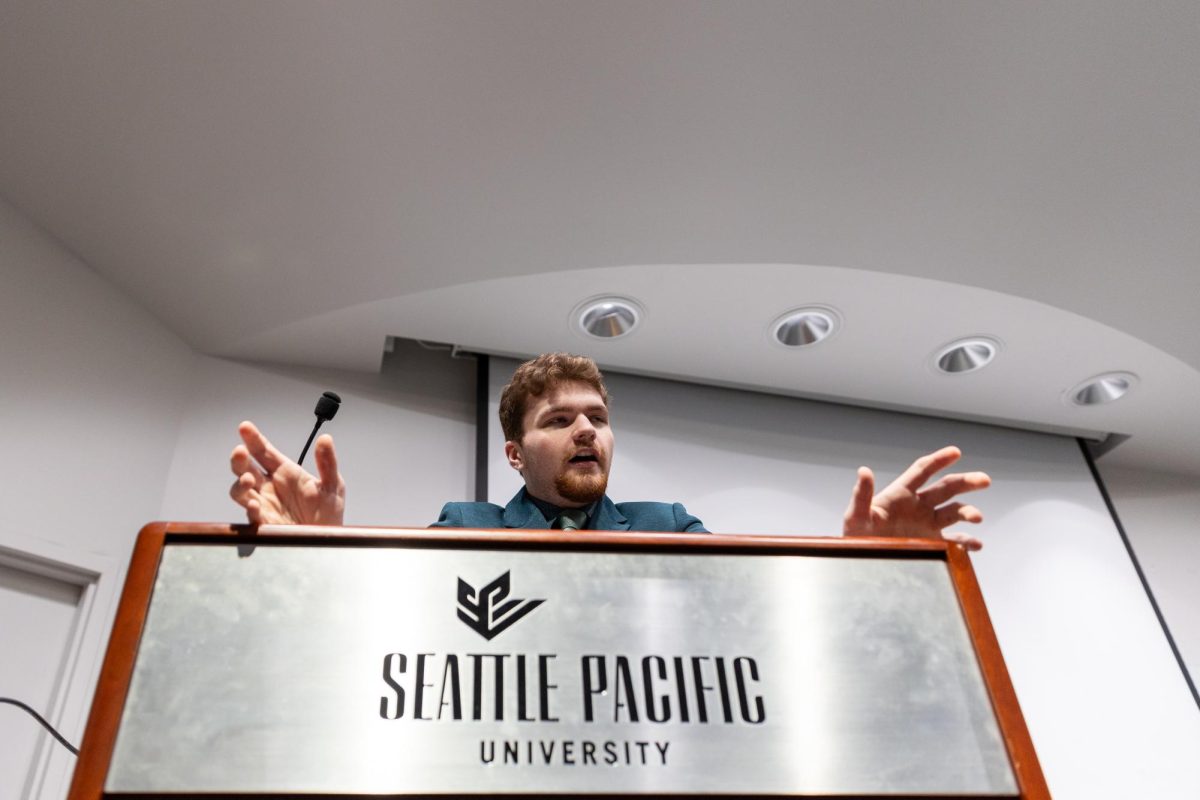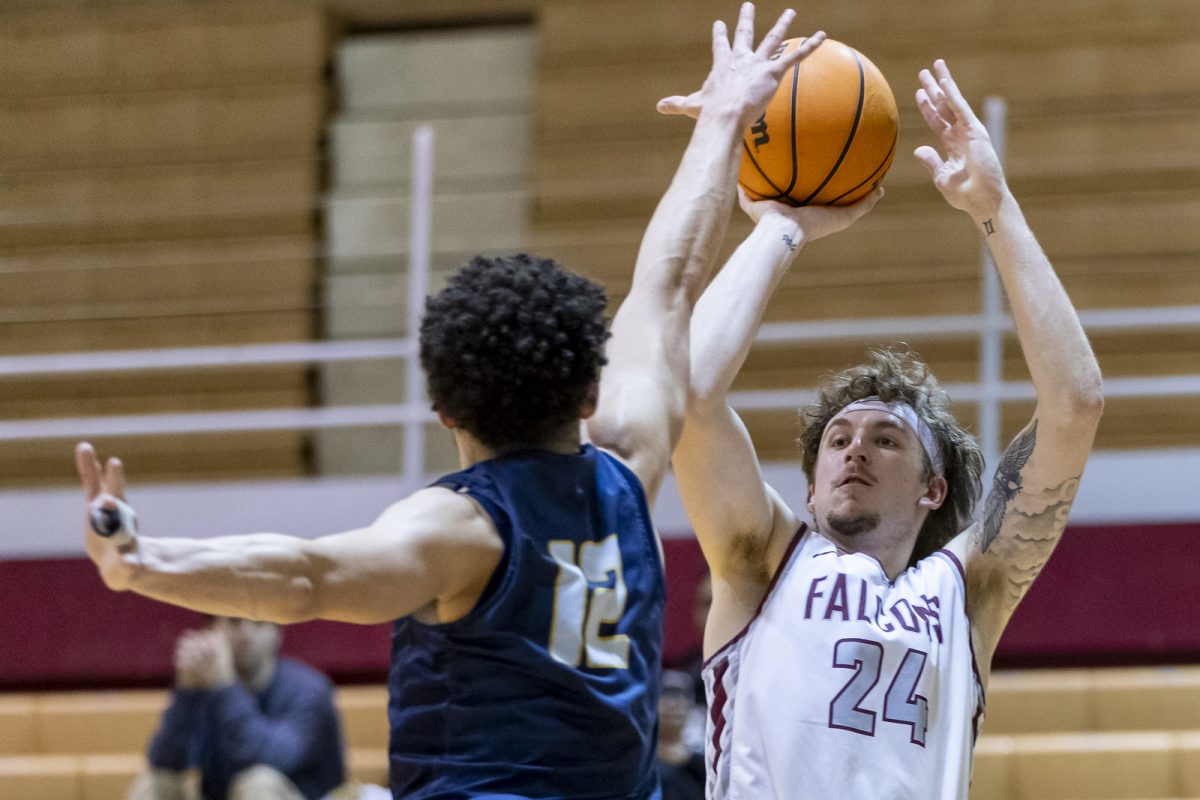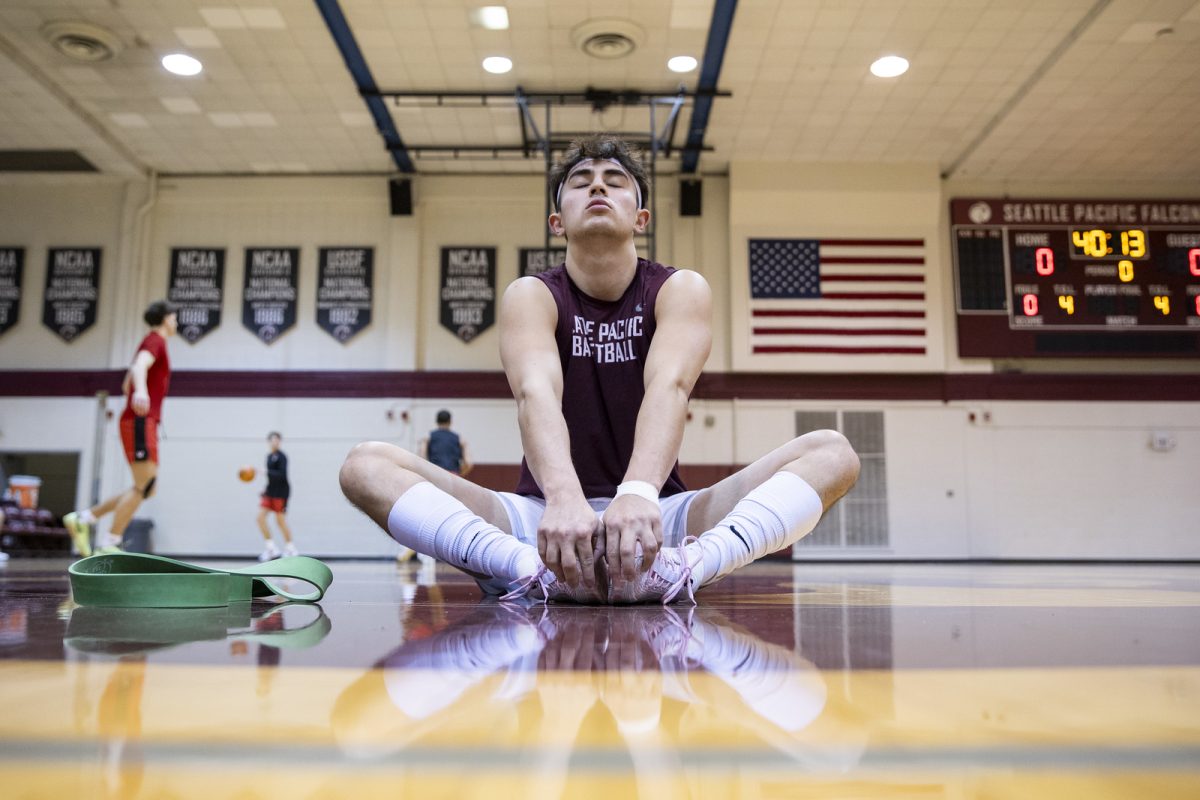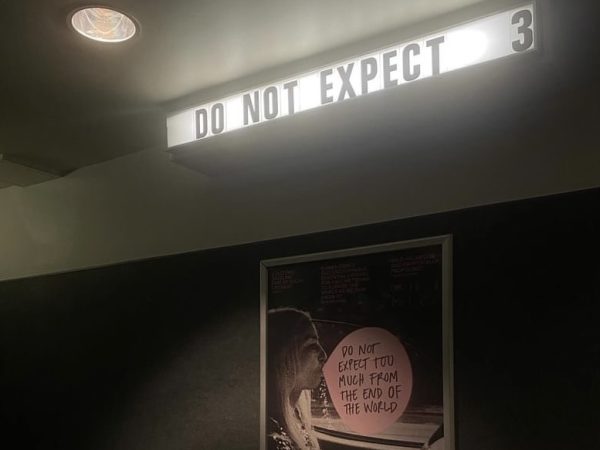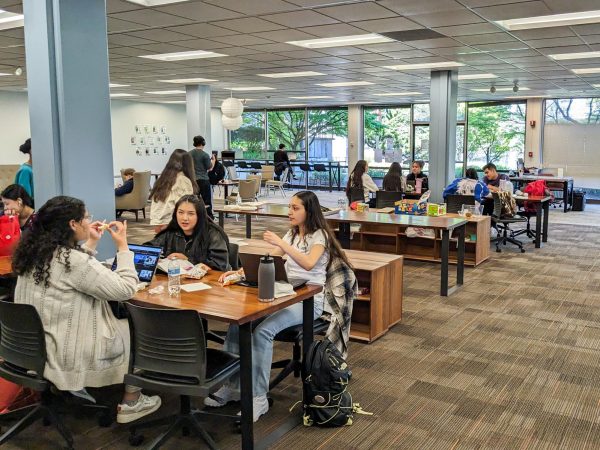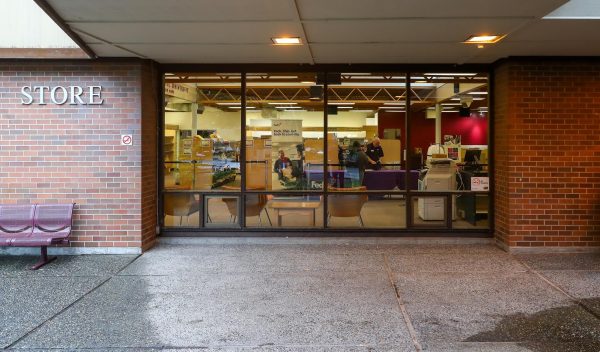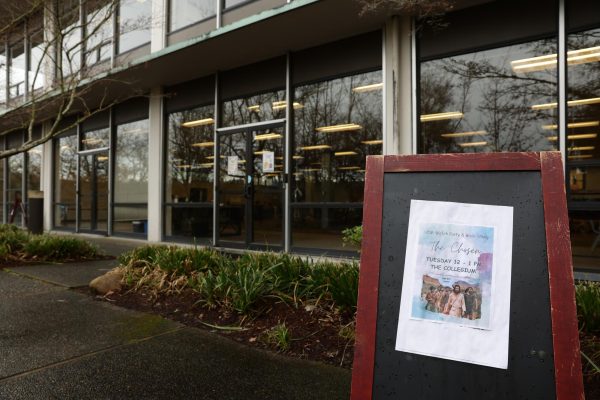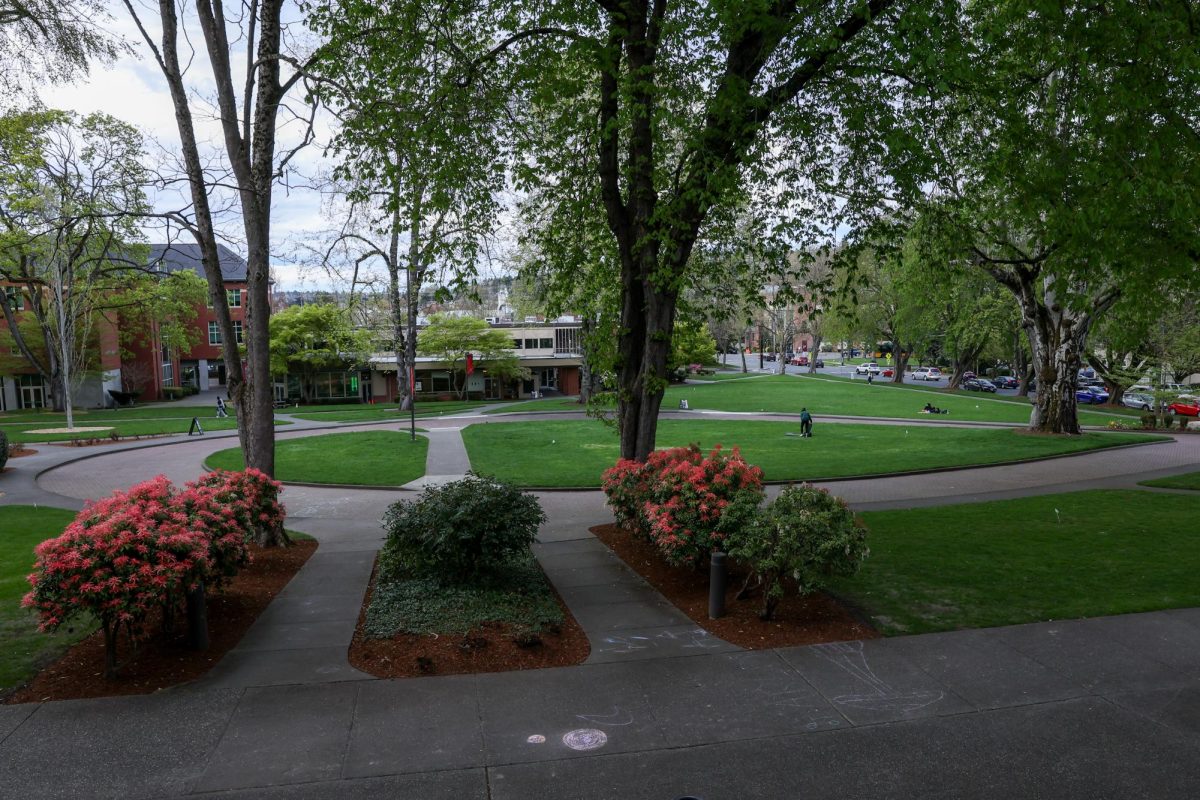Allowing faith, care for mental health to coexist
Seeking help to deal with her father’s recent diagnosis of Adult Attention Deficit Disorder (AADD), first-year Mika Govender reached out to Seattle Pacific’s Student Counseling Center in hopes of finding an ear that would hear the strain the diagnosis had upon her family, along with the newfound aspects of stress that college introduces.
“God is always there, but sometimes we do need someone tangible.”
Located in Watson Hall, the Student Counseling Center provides an array of services for undergraduate students. Some programs offered include nutritional and relationship counseling, referrals for mental health services outside of the Seattle Pacific community, eating disorder treatment programs and more.
Despite a Nashville-based research group approximating that 74 percent of 1,000 pastors asked know of someone within their family, friend group and/or congregation diagnosed with clinical depression, with 57 percent knowing three or more people with the disease (Lifeway Research), narratives negatively stigmatizing mental illness and seeking help for such illnesses continues to dominate popular Christian narrative.
Student Austin Matzelle touched upon the Biblical story of Job, where Job’s intense suffering is eradicated through consistent prayer.
Matzelle argues that this ideology seeps into Christian dialogue surrounding mental health, often hearing, “If you’re going through something, you can just pray about it.”
Matzelle sees where this thought comes from, and the sentiment behind it, but also knows that sometimes the situation calls for more hands-on help. More tangible help is sometimes beneficial, such as counseling and other mental health services.
“I understand the sentiment behind [prayer],” Matzelle assured, “but that shouldn’t be the component for overall health.”
Looking to encourage students to seek the Student Counseling Center for help if it is in their consideration, Matzelle aims to share how beneficial the provided counselors are through the safe, non-mandatory reporting space they create. This is a rare environment on our campus due to lifestyle expectations that lead to consequences if breached.
“Say a student got heavily involved in drinking culture,” Matzelle theorized, “they can go and talk to the counseling center about that and [avoid] be[ing] reported or fined for drinking. … Sometimes they can’t talk to their RA, their SMC, their favorite faculty member, because those are mandatory reporting individuals.”
Matzelle stressed the importance of spaces not connected with SPU’s lifestyle expectations guidelines.
“The counseling center is one of the few places on campus where they will hear you. … The priority is you getting better, not “you broke our code of conduct.”
I want students to be able to know that,” expressed Matzelle.
Similar positive testimonies from students who have utilized the counseling center are frequent.
Although she only attended one session, Govender shared her experience, explaining that she “was able to say whatever I wanted, it was really nice. … It was a very good environment to be in, to just express myself and what I was feeling.”
Second-year Mirelle Diel felt comparably, describing her time spent with the counseling center as going “very, very well.”
Initially rejecting the idea of counseling by believing she could hurdle mental health obstacles by herself, Diel soon realized that she could not and visited the counseling center a few times during last year’s spring quarter.
“It really helped, having an outlet to talk about [struggles with mental health]. … For the entirety of this year, [the counseling center has] been really, really helpful in terms of keeping stuff on track, and making sure I don’t get too overwhelmed. … They’re super helpful, super nice,” Diel said.
Govender encourages students to seek out the counseling center, despite any hesitations they might have, often correlated to stigma and stereotypes surrounding those seeking mental health guidance.
“The world, … it’s not the way it was supposed to be, there’s a lot of problems, a lot of people with mental illnesses. … If we are Christians, and we’re supposed to love our neighbors and love ourselves, then we are supposed to help them, and if helping them is by getting them counseling, then I think we should do that.”


